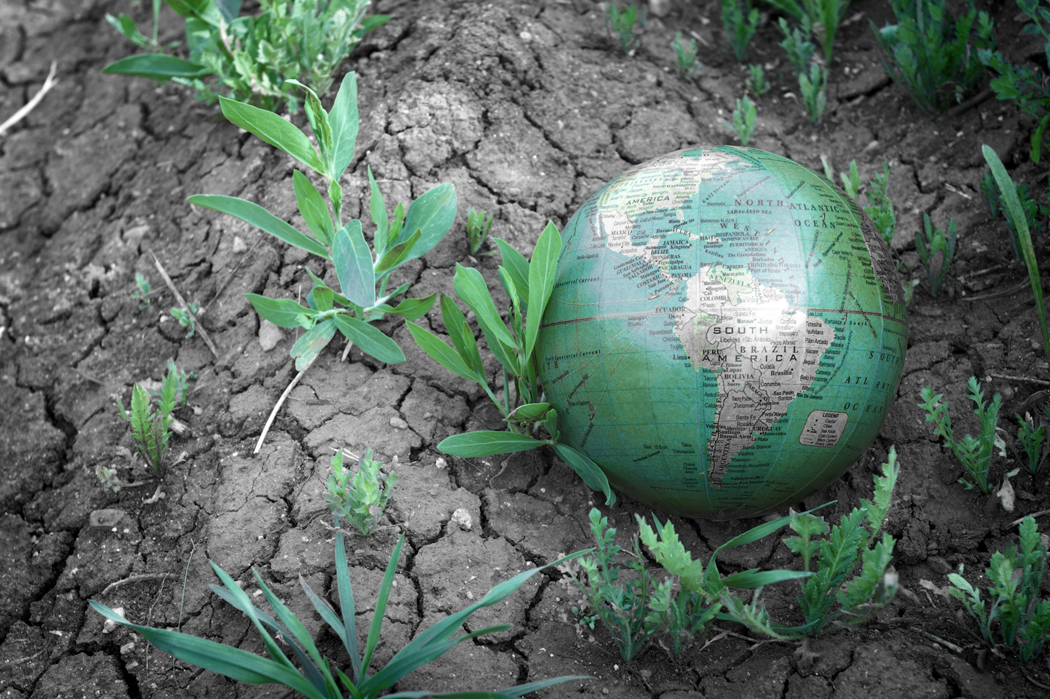
Khilafah: A Qur'anic Conception
RETURNING TO THE QUR’ANIC KHILAFAH
Although khilafah has even in the classical tradition been equated with the political function of a system of Muslim rule, the Qur’an neither adopts such a definition of khilafah, nor does it anywhere elaborate a theory of the ‘state’. Indeed, the Qur’an never makes reference to the idea of a ‘state’, even when discussing legal recourse and sanction, but instead addresses a voluntary community of believers. The Qur’anic conception of khalafa is instead broadly metaphysical, focusing on the Divine relationship with human existence – where God tells the angels about the creation of the first man:
“I am putting a khalifa on Earth.” (2:30)
Khalifa is often translated as ‘vicegerent’, denoting a representative of a higher authority. But a better term in English is ‘trustee’, conveying the idea of human beings carrying the amana or trust to be ‘caretakers’ of the Earth. Under the Qur’anic conception, khilafah is not a centralized bureaucratic political institution enforcing laws on the rest of society. On the contrary, everyone of us is a khalifa of God, the objective of which is to test humankind, who are instructed to care for the earth and its inhabitants through establishing social justice:
“It is He who hath made you (His) agents inheritors of the earth: He has raised you in ranks some above others: that he may try you in the gifts He has given you: for your Lord is quick in punishment: yet He is indeed Oft-Forgiving Most Merciful.” (6:165)
But while the ‘trust’ of khilafah or vice-regency entails power over the earth, it simultaneously implies responsibility to the higher ethical principles which manifest the Divine Will: “God does command you to render back your trusts to those to whom they are due; and when ye judge between man and man that ye judge with justice:” (4.58) Thus, ‘trusteeship’ means that every human being should endeavour to live by the higher universally-recognized objectives of truth and justice: “O ye that believe! betray not the trust of Allah and the apostle nor misappropriate knowingly things entrusted to you.” (8:27) And with further elaboration:
“O you who believe! stand out firmly for justice as witnesses to God even as against yourselves or your parents or your kin and whether it be (against) rich or poor: for God can best protect both. Follow not the lusts (of your hearts) lest you swerve and if you distort (justice) or decline to do justice verily God is well-acquainted with all that you do.” (4:135)
Thus, the responsibility of khilafah belongs to each and every individual, a responsibility that extends communally and collectively: “Of those We have created is a community that is led by truth and applies it in the practice of justice.” (7:181)
While the Qur’an thus clearly advocates that the ‘trusteeship’ automatically has a social extension, it does not elaborate a systematic political programme beyond setting out principles and values like consultation (shura) and justice (adalat), thus leaving the political structure open to human choices.
Human beings are free, therefore, to experiment with political structures with a view to explore modes of organisation which are most appropriate in achieving the participation and consent of the wider community, while establishing a just society based on honesty, transparency and accountability.